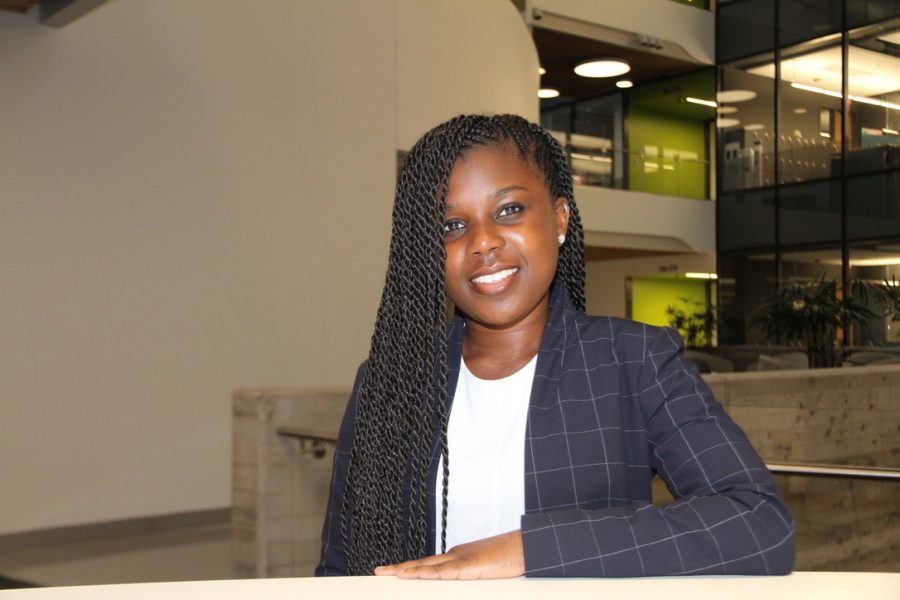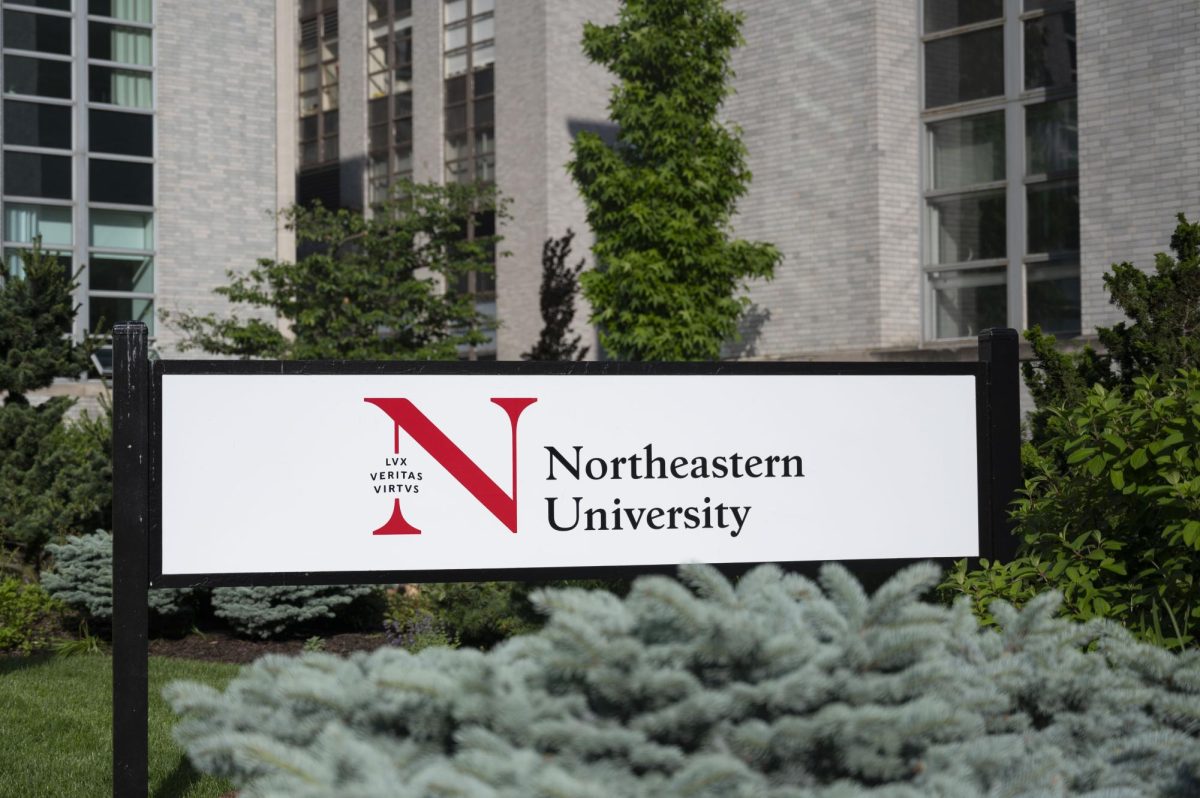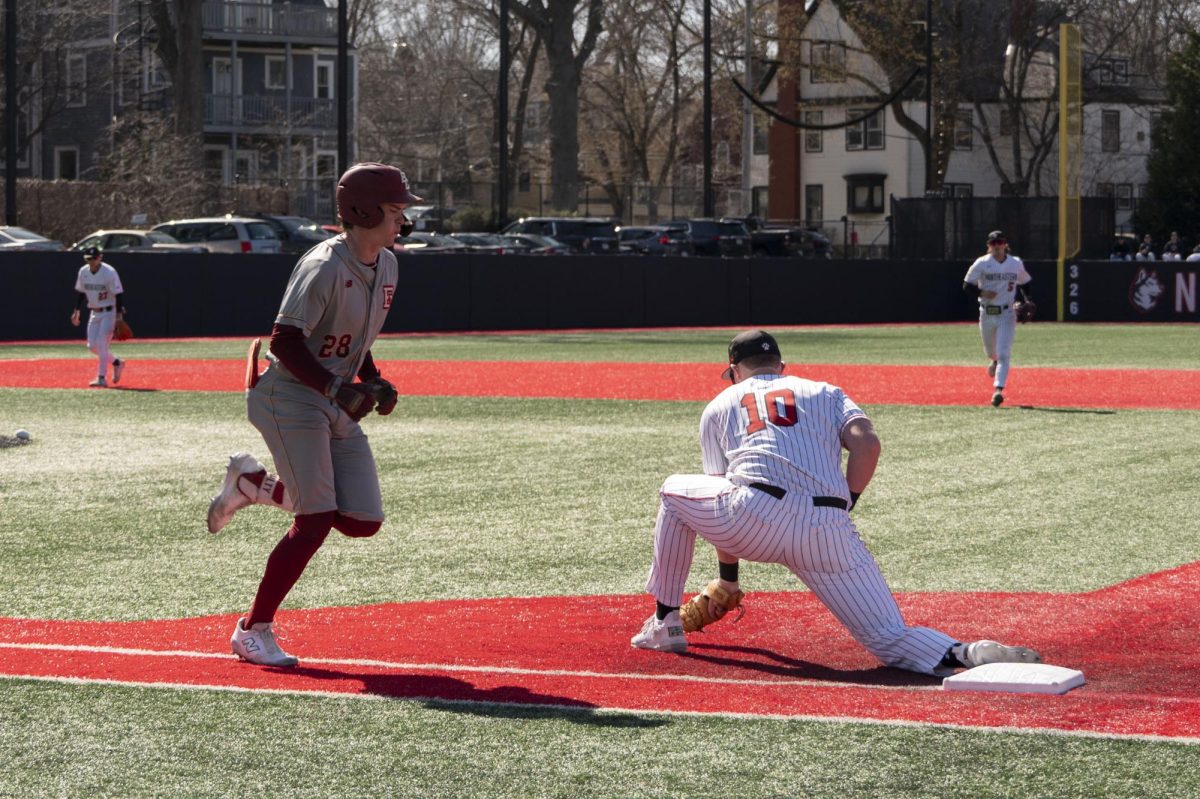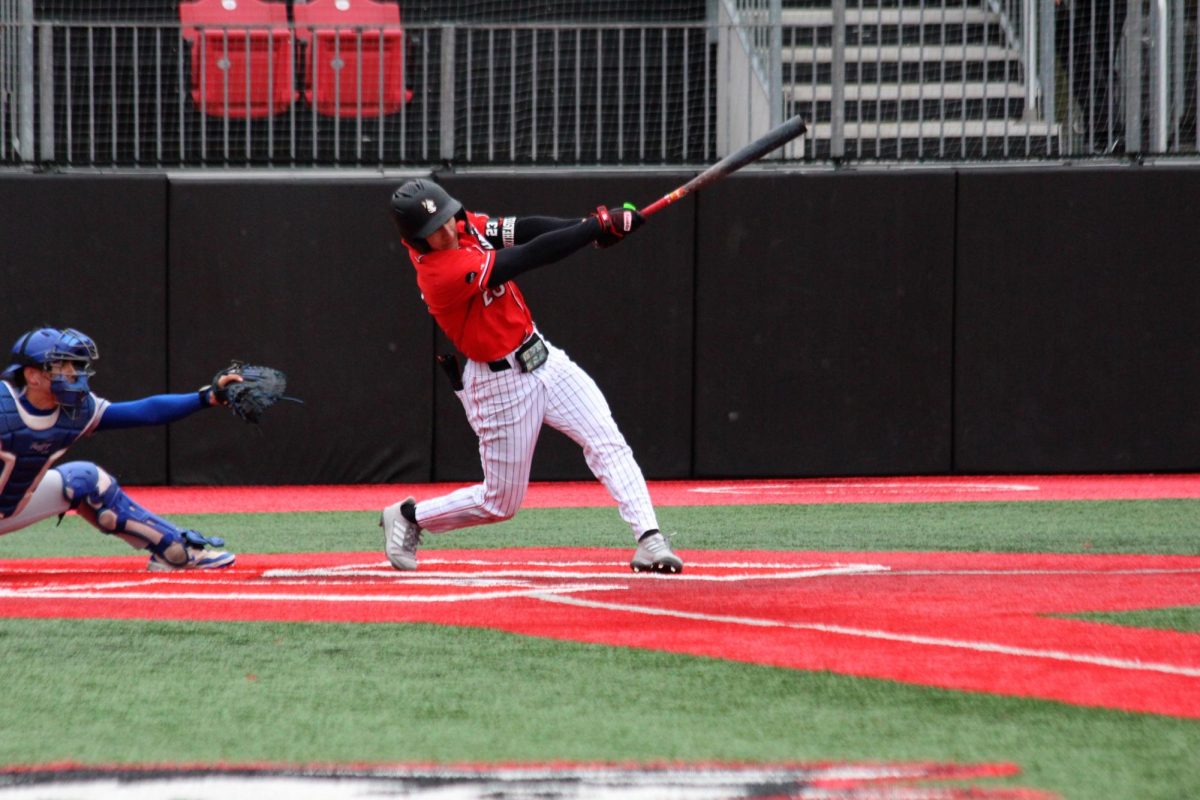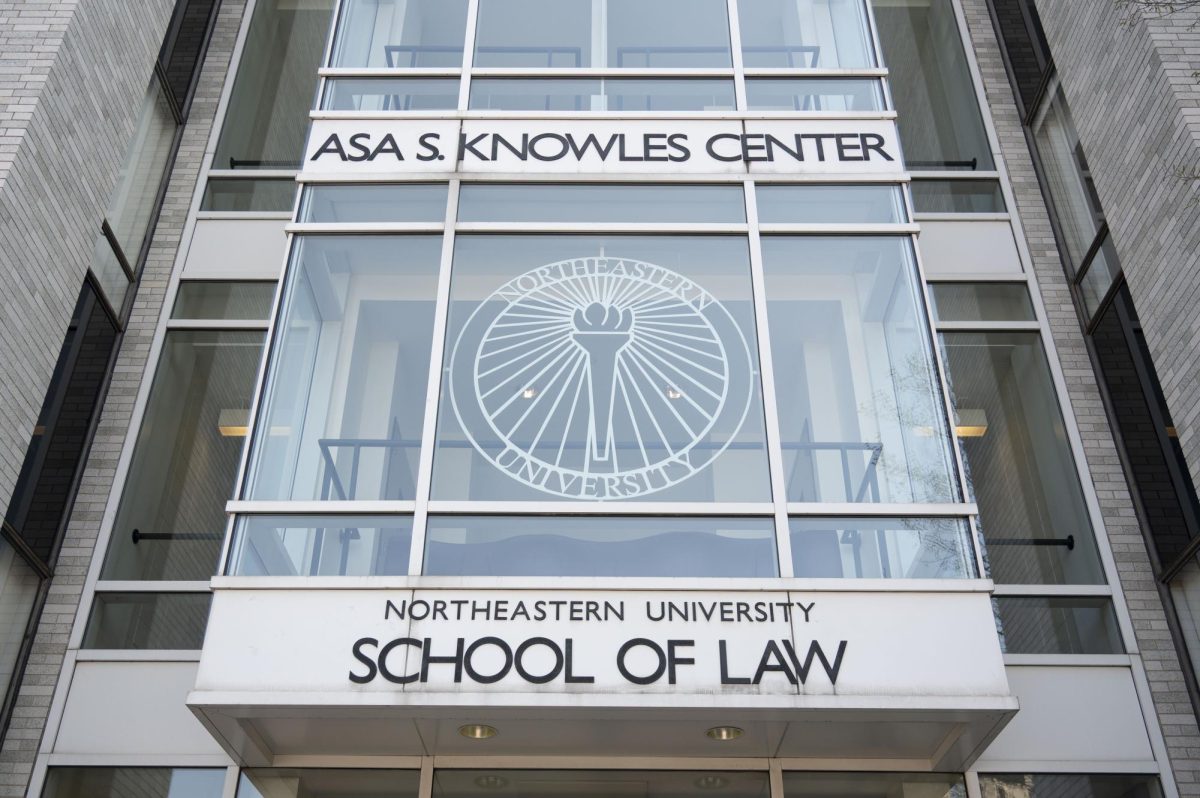Kangbeya withdraws from uncontested SGA presidential slate
Photo courtesy Erykah Kangbeya
Kangbeya currently serves as SGA’s vice president for student affairs.
March 11, 2020
Early Friday evening, Erykah Kangbeya called Maria Firan, elections chair for the Student Government Association, to let her know she was officially withdrawing from the association’s uncontested presidential race.
Long-brewing tensions quickly bubbled over as members of the Student Government Association, or SGA, scrambled to find a replacement for Kangbeya. Kate Kuznetsova, Kangbeya’s former running mate, eventually shouldered the mantle of presidential nominee — but the pot was already cooking.
Three hours after Kangbeya’s formal withdrawal, SGA President Chris Brown called Kangbeya, asking her to reconsider. Kangbeya said he told her she was being “incredibly selfish” and that if she dropped from the campaign, she would be unlikely to be elected to SGA leadership again.
The conversation was a sudden, grating blow to the pair’s mostly amicable relationship — but for Kangbeya, it was a searing reminder of past contention, punctuated by Brown’s deprioritization of her bill that eventually created a cabinet position for diversity, equity and inclusion. But Kangbeya plans to move forward.
“It doesn’t end,” Kangbeya said in a Sunday afternoon interview, stashing away a laptop full of half-complete student affairs work. “Me stepping down from the nomination does not mean that I will not run for that position again … that time was just not now.”
Brown said, as he told Kangbeya in a text Saturday morning, that he doesn’t feel Kangbeya deserves an apology for his comments. He said he is disappointed she didn’t let him know personally — he heard the news first from Kuznetsova, and after taking so many of Kangbeya’s late-night calls during the planning stage of the campaign, that was jarring. He said he thinks the student body deserves better, too.
“I’m not going to say this is a waste of time,” he said. “But I think there was a more efficient way that we could go about this to make sure that something actually happens for the benefit of students.”
Brown emphasized that he’s always supported Kangbeya’s candidacy — and that he won’t stop supporting her now.
“I’ve arranged meetings for her. I’ve sat in on those meetings. I’ve lent my name in support of her initiatives,” Brown said. He later continued, “I plan on working with her still, but that remains to be seen whether she is willing to do the same.”
Kangbeya said she hopes to continue serving as a leader in SGA, or even again as a senator, to push the association to act on her values, which she said broadly include diversity, equity and inclusion. She specifically emphasized community engagement and international-student advocacy as key points in her agenda.
Kangbeya’s agenda will be an important part of her future — but it also played a significant role in her drop from the slate. Initially, she planned to enter the campaign with Elizabeth Lee, a friend whose values closely match hers. When Lee let Kangbeya know she was going to transfer to another university, Kangbeya was left without a running mate, and SGA leadership suggested she approach Kuznetsova about joining the slate.
The pairing didn’t pan out as Kangbeya hoped. She said Kuznetsova, currently SGA’s assistant vice president for academic affairs, didn’t convince her — through effort or through commitment to ideals — that a Kangbeya-Kuznetsova ticket could successfully implement her agenda.
“It’s not about me having a vision,” Kangbeya said. “It’s about us having a vision, right?”
Sunday afternoon, Kuznetsova deemed Billy Opet, SGA’s vice president for student services, an executive-vice-presidential candidate capable of facilitating her own vision.
Brown said he has confidence in the slate with Kuznetsova at its head.
“I think that she really has her heart and mind set on this, and she will let nothing stop her,” he said.


